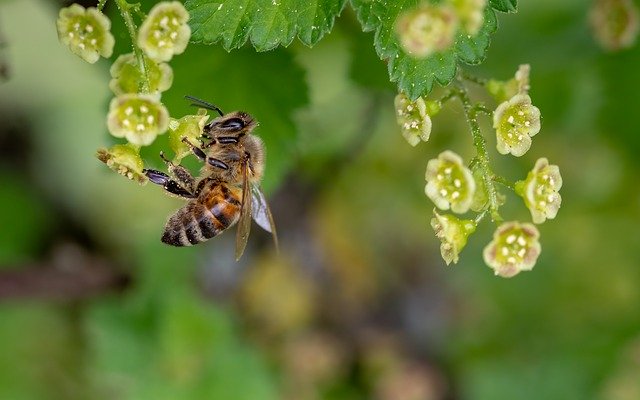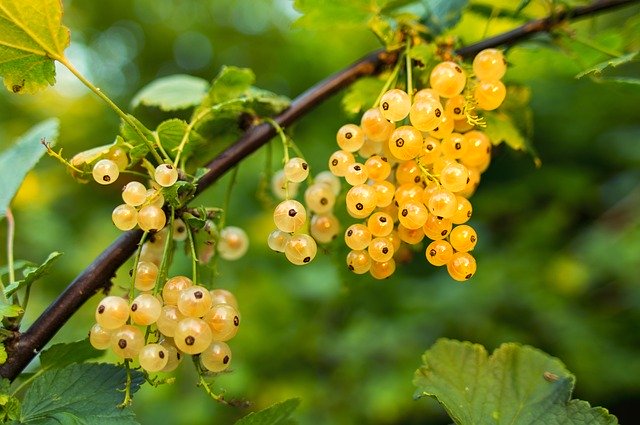We all know blackcurrants and gooseberries. Their fruits have a wide range of uses, from marmalade to wine. And what are the proper nutrition and fertilizers for these plants? According to experts, the effect of fertilization on the yield and fruit quality of blackcurrants and gooseberries depends on which nutrients these fruits are deficient in. Blackcurrants require the most nutrients. So how can we do better? Black currants and gooseberries have particularly high nitrogen and potassium requirements during the reproductive season. Among nitrogen fertilizers, it is recommended that ammonium nitrate, ammonium sulfate, and urea be incorporated into the soil. As for phosphate fertilizers, superphosphate would be most effective. Also, in acidic soils where moss can grow, for example, phosphate fertilizers should be incorporated into the soil in the fall.
Problems with acid soils
When plants become calcium-deficient in such soils, this will show up as chlorosis in the leaves. For small fruits, calcium is also important for the fruit. But be careful, because the fruit may not be able to grow well without calcium!Lime should not be overdone. Both gooseberry and currant soils must be neutral or slightly acidic. Another thing to note is that when supplying calcium to plants that need it, lime should be applied in the fall and wait three weeks before applying organic or industrial fertilizers.
Sensitivity of both crops to copper and boron deficiencies
This small fruit is very sensitive. When boron is deficient, the young leaves become deformed and the older leaves turn brown. Therefore, the crop must be fed with borax. When copper is deficient, the plants grow short and ripen poorly. Spraying ammonium sulfate is effective. Of course, the best nutrient is compost, which is also added to the soil during the growing season. And at planting time, up to two kilograms of compost can be added per bush, and several kilograms once the bush is fully grown.